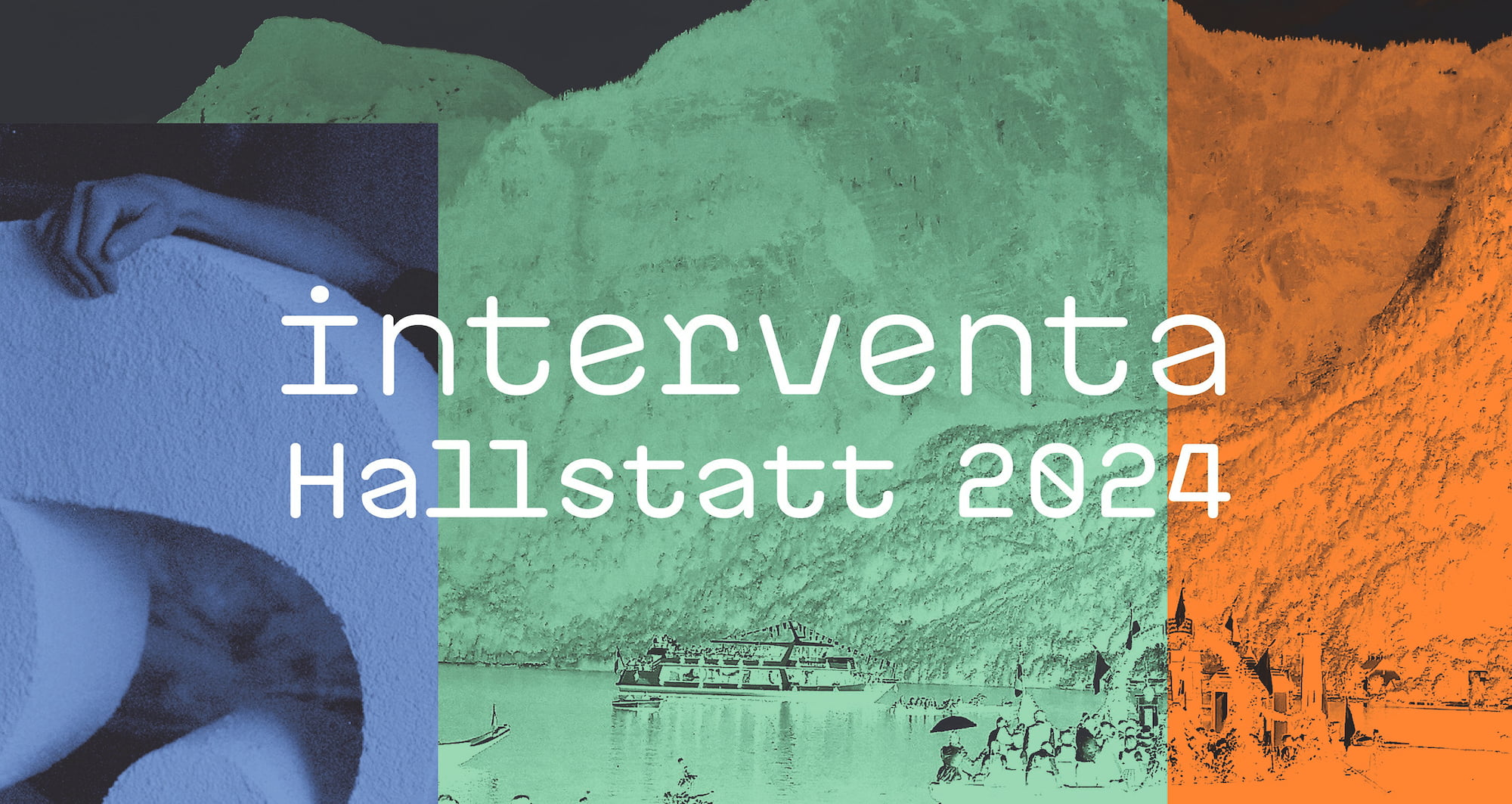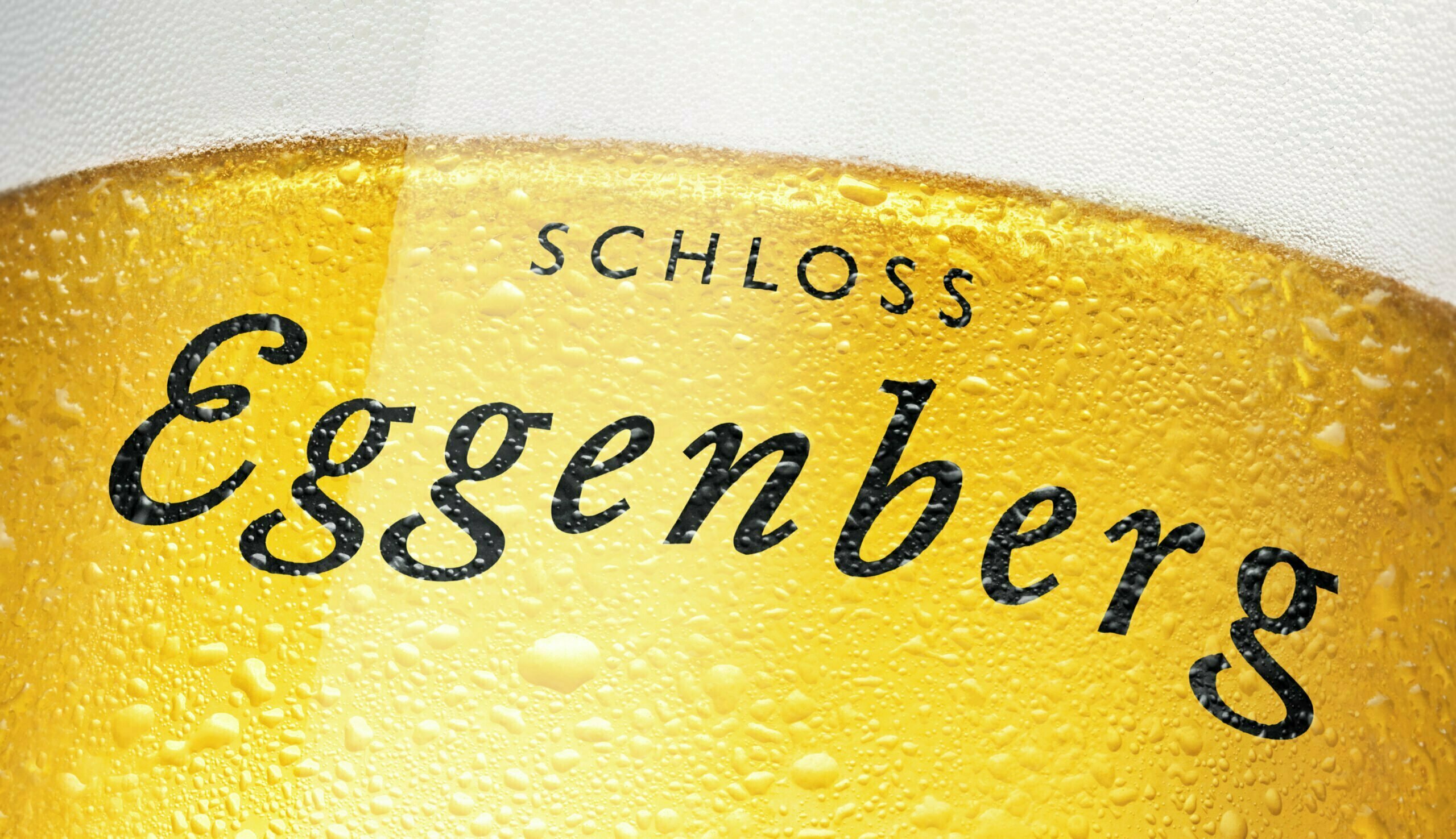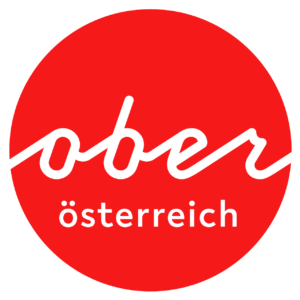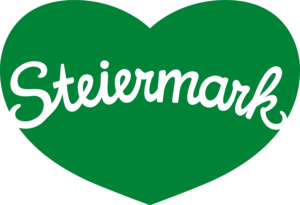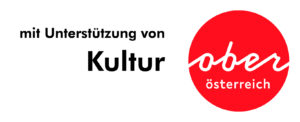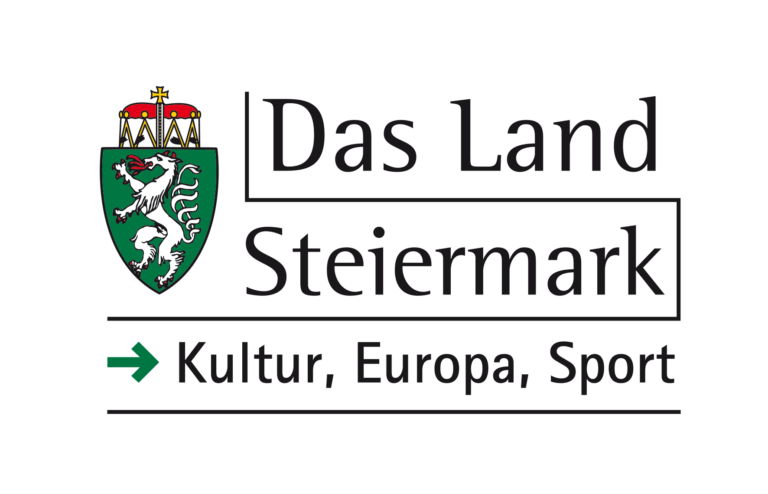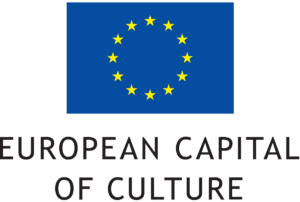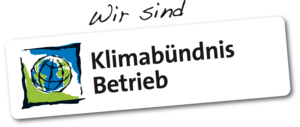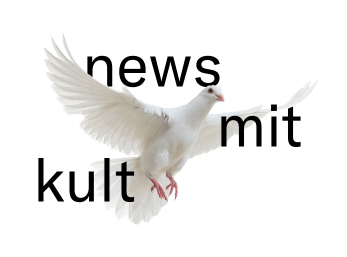“It’s crunch time,” says the economist and member of the “Club of Rome” Maja Göpel, referring to the three Cs: Climate, COVID, Conflict! By addressing these issues, which affect us all, Hallstatt should serve as a model of best practice for the future of building, far beyond the region.
interventa Hallstatt is a multi-genre and intergenerational symposium that should take place biennially in the Salzkammergut. interventa Hallstatt is a laboratory, in which theory and practice combine to generate applications and knowhow. It is an experimental think tank that addresses the socio-political importance of Baukultur. Hence, the key factors include the ways in which people build, use buildings, and modernize the existing, the art that they create and the music that they listen to, and how they dance, dress, consume, and communicate. In this context, aspirational architecture and sustainability are not contradictions but, rather, sources of innovative ecological and topographical answers. interventa Hallstatt 2024 is rethinking Baukultur to ensure that it is fit for the future, on the multinational and regional scales, analogically and differentially, as a means of generating practicable ideas.
The subject
The 1st interventa Hallstatt in 2024 is devoted to questions of Tradition and Innovation.
The Salzkammergut is shaped by its history and spectacular landscape. And these have a defining impact on its population. Across four consecutive days, interventa Hallstatt will generate answers, new questions, and innovative approaches centered on identity and living environment, landscape and architecture and related issues from traditional meaning to the components of continued building. The choice between excessive and sustainable forms of tourism affects the entire region. The tourism of tomorrow demands respect for the landscape and Baukultur and a responsible approach to permanently evolving parameters. And the Baukultur of tomorrow is a culture of awareness that addresses our working methods, constantly changes the apparently permanent, and is focused on creating a tolerable future for a region, a nation, and a shared world.
The protagonists
International and regional experts analyze and research, on the ground, the connections and interfaces between Baukultur and the traditions that shape identity and structure everyday life. These experts come from the fields of architecture, ecology, philosophy, sociology, and the humanities, as well as the visual and the performing arts. Activists for a paradigm change that involves all the senses, they illustrate what this could mean and experimentally investigate, in areas ranging from science to art, from slow food to traditional rites and customs, the possible context of this paradigm change and its impact upon landscape and tourism, in order to develop pioneering perspectives and creative approaches.
Location
Illustrative for the entire region, Hallstatt should become an inspiring hub of local and international networking and interdisciplinary exchange. Hallstatt will be a platform, upon which theory and practice can combine to generate applications and knowhow as a means of shaping future synergies and alliances. At venues such as the Salzberg, the HTL, and the Kulturhaus, Baukultur will become the focus of public and private attention, demonstrate its debt to tradition and connection with the region, and be interpreted in a contemporary manner.
Formats
For four days, typical problems and questions will be addressed with the help of theatrical, performative, classical, and unconventional formats with a huge communicative range. Quintessential, investigative, and full of humor, these formats are able to reach multiple target groups, identify sources of trust and mistrust in the rural context, and detect the alien in the familiar.
